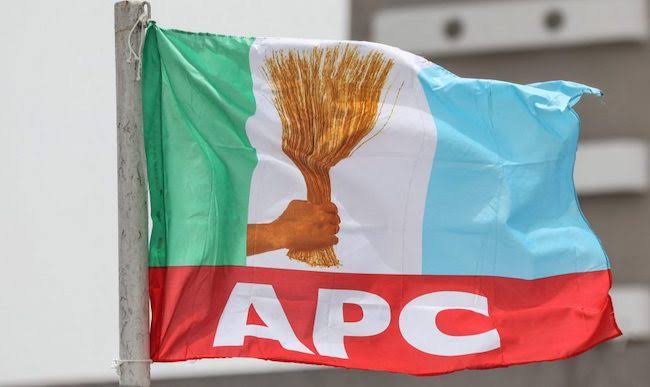The remains of former President Muhammadu Buhari were laid to rest on Tuesday in his hometown of Daura, Katsina State. The solemn ceremony was attended by dignitaries from across Nigeria and beyond.
Buhari, who served as both a military Head of State and a two-term civilian president under the All Progressives Congress (APC), remains a significant figure in Nigeria’s political history. His passing has triggered widespread reactions and raised questions about the future of the APC, particularly as the 2027 general elections approach.
With Buhari gone, President Bola Tinubu and the APC now face the challenge of contesting the next election without the strong political influence Buhari wielded especially in the North.
Buhari was known for consistently pulling in around 12 million votes in nearly every election he contested, and many believe his absence could weaken the APC’s base.
Adding to the political tension is the recent formation of a new coalition under the African Democratic Congress (ADC), led by former Vice President Atiku Abubakar, Rotimi Amaechi, Nasir El-Rufai, and Peter Obi. The group has vowed to unseat President Tinubu in 2027.
Speaking during a live broadcast of Buhari’s burial on Channels Television and Monitored By The News Chronicle, APC chieftain and Pro Chancellor of the Federal University of Transportation, Wahab Owokoniran, acknowledged that Buhari’s death is a major loss to the party. However, he expressed confidence in Tinubu’s ability to lead the party through the storm.
“Tinubu is a master strategist,” Owokoniran said. “He has been building bridges across Nigeria for nearly four decades, and I believe he will consolidate on those networks to keep the APC strong. Although we may lose some support, we will gain in other areas. I don’t see APC losing in 2027.”
He added that while Buhari’s political shoes are big ones to fill, someone else will eventually rise to take his place in the North.
In contrast, Salihu Lukman, a former APC chieftain and now a member of the ADC coalition, argued that Buhari’s absence will force politicians especially in the North to truly connect with the people.
Speaking on Channels Television’s Politics Today, Lukman said many politicians had become lazy, relying solely on Buhari’s endorsements for electoral success.
“Now that he’s no longer here, leaders must engage citizens more sincerely,” he said. “Without Buhari, winning elections will require humility and genuine relationships with the people.”
Public affairs analyst Nduka Odo, of Peaceland University, also shared his thoughts in an interview with Newsmen. He said the presence of Atiku, El-Rufai, and Amaechi in the ADC could spell trouble for the APC, especially with Buhari’s departure creating a power vacuum.
Odo noted that Buhari’s influence in the North helped keep the APC together despite internal cracks that began to show during the 2023 primaries, when then-Vice President Yemi Osinbajo ran against Tinubu.
“Buhari’s CPC group was part of the alliance that formed the APC, but many of those players have now moved to ADC,” Odo explained. “In northern politics, people follow strong leaders, and without Buhari, APC may struggle unless it finds a new unifying figure.”
Odo also pointed out that the suffering experienced during Buhari’s administration and continued under Tinubu may push northern voters away from the APC. He cited viral videos showing northern communities celebrating Buhari’s death as evidence of widespread discontent.
“To make things worse, there are reports that Vice President Shettima is being sidelined, and Tinubu may drop him ahead of 2027. This has caused unrest in the North-East, especially among Shettima’s supporters,” Odo added.
He also criticized APC media aide Bayo Onanuga for sharing a video crediting Tinubu for Buhari’s electoral success on the day of Buhari’s burial, calling it “insensitive.”
Analysts warn that the APC must carefully manage the post-Buhari era if it hopes to retain power in 2027.



